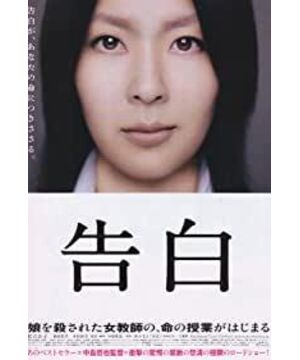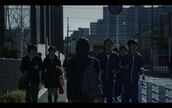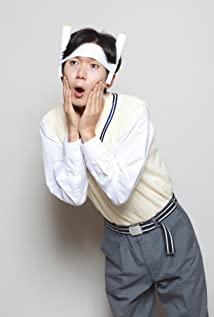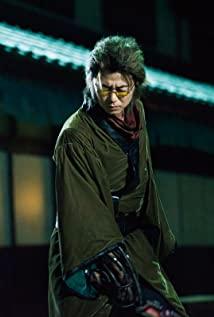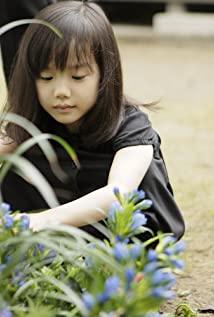Mencius advocates the theory of good nature, he believes that the evil in human nature is animal nature, inhuman nature, while human nature is good. Xunzi advocated the theory of evil in nature. In the chapter "Evil in Nature", he said: "Human nature is evil; its goodness is hypocrisy." Self-beauty" because primitive human nature is evil.
But I personally agree with Gaozi's statement in "Mencius": There is no good or evil in human nature.
At the beginning of human nature, there are only primitive selfish desires. For example, a baby waiting to be fed, he needs the mother's milk and care, and if he can't get it, he will cry. Satisfying selfish desires is the essence of human nature at the beginning. As a person grows, the scope of selfish desires will gradually expand, and the road to fulfillment is full of bumps and bumps, resulting in various complex deficiencies or excesses. Due to the different circumstances of the day after tomorrow, people have different ways and attitudes in dealing with these issues, and they become the so-called good and evil.
Regarding the motives for the murder of teenagers A and B in "Confession", it shows this extreme lack and excess.
Teenage A grew up under the education of his mother who is very talented in chemistry, but in the end, his mother abandoned him like a burden to realize his career. His father remarried, and he could not integrate into the new family. He lived alone in a cottage by the river, with only a few books left by his mother to accompany him. He is a good student and a genius in chemistry, but he is psychologically withdrawn and dark, has no friends, and only fantasizes that one day he can achieve great achievements and let his long-lost mother notice him and love him again.
Boy B's family is very good. His father works outside all the year round, and he is the only one living with his mother at home. His mother doted on him very much, taking him as her whole sustenance. But this kind of doting has developed the naive and cowardly personality of Boy B. He couldn't do anything, was looked down upon by his classmates and teachers, he desperately wanted friends, but no one paid him any attention. On the one hand, at home, he has what he wants; on the other hand, at school, he does not even get the least respect. This huge gap made hatred in his heart. Until the genius boy A reached out to him the hand of friendship, at that time he felt extremely happy and did not know that everything was just a conspiracy.
One is extremely lacking in maternal love, the other is extremely lacking in respect; one has a serious excess of ego, and one has a serious excess of doting. In such an unbalanced state of mind, it is easy to breed evil. But that alone is not enough.
The germination, growth and maturity of evil require a thick breeding ground, and today's social environment is undoubtedly such a big breeding ground.
In the confession paragraph of Mr. Moriguchi, we learn about the case of the girl Lucia poisoning her family. The motive for the murder is unknown, perhaps just out of delusion, but this has attracted the pursuit of countless teenagers. Why? There was a lot of media coverage. Lucia talked about her "cool" outlook on life in her blog. Most importantly, because of the juvenile law, she was not punished for being underage, only her teacher was punished. In the eyes of a romantic, ignorant and fanciful teenager, she is like a "hero" who is reckless and can do whatever she wants but can get out of her body. In front of the law, morality counts as a fart, and there is no need to be responsible anyway.
Are you really not responsible? Let's talk about the famous educator, Sakuranomiya-sensei, who is the father of Moriguchi's daughter. He is a terminally ill AIDS patient who contracted the disease because of his bohemian life abroad. After being ill, the libertine looked at the absurd way of life and devoted himself to educating the next generation with his personal experience. But how much can a book change? In the movie we see that only one student admires him, while the others show nothing but indifference and banter. Looking back, isn't Sakura Palace's early life envied or experienced by many young people now? Just imagine, if it weren't for a terminal illness, facing such a major turning point in life and death, would he be able to give up the life he originally wanted?
This is the reality faced by this society, full of paranoia, impetuousness, superficiality, ignorance, selfishness and irresponsibility. In the movie, almost everyone lives paranoid in their own world, can't hear the cry of others, only see the beast in their own heart. These can be found more or less in almost everyone in real life.
What is hope? Could it be Mr. Werther's "education of love"? But it was his unknown "education of love" that drove young B crazy. Isn't this self-righteous so-called "love" and "salvation" also selfish, superficial and ignorant?
Perhaps only the candy given to Moriguchi by the child in the restaurant showed a little hope. Because everyone keeps wanting and forgetting the importance of giving. Only innocent children would give such a useless gift.
Although I believe that there is no such thing as good or evil at the beginning of human nature, there must be some standards for good and evil in society. Only when society is in chaos, when rituals are bad and pleasures collapse, will good and evil be indistinguishable. But sometimes, in the chaos of human affairs, it is really hard to say good and evil. For example, Moriguchi's cruel revenge, how much good and how much evil? In my opinion, she harbors hatred, but more compassion. For a mother who lost her daughter and a former teacher, it is very valuable for her to be able to take revenge without destroying her conscience. As a human being, having nothing to fear is very scary. There must be retribution in this world, and at the moment when conscience is dead, revenge is the most basic morality.
View more about Confessions reviews


